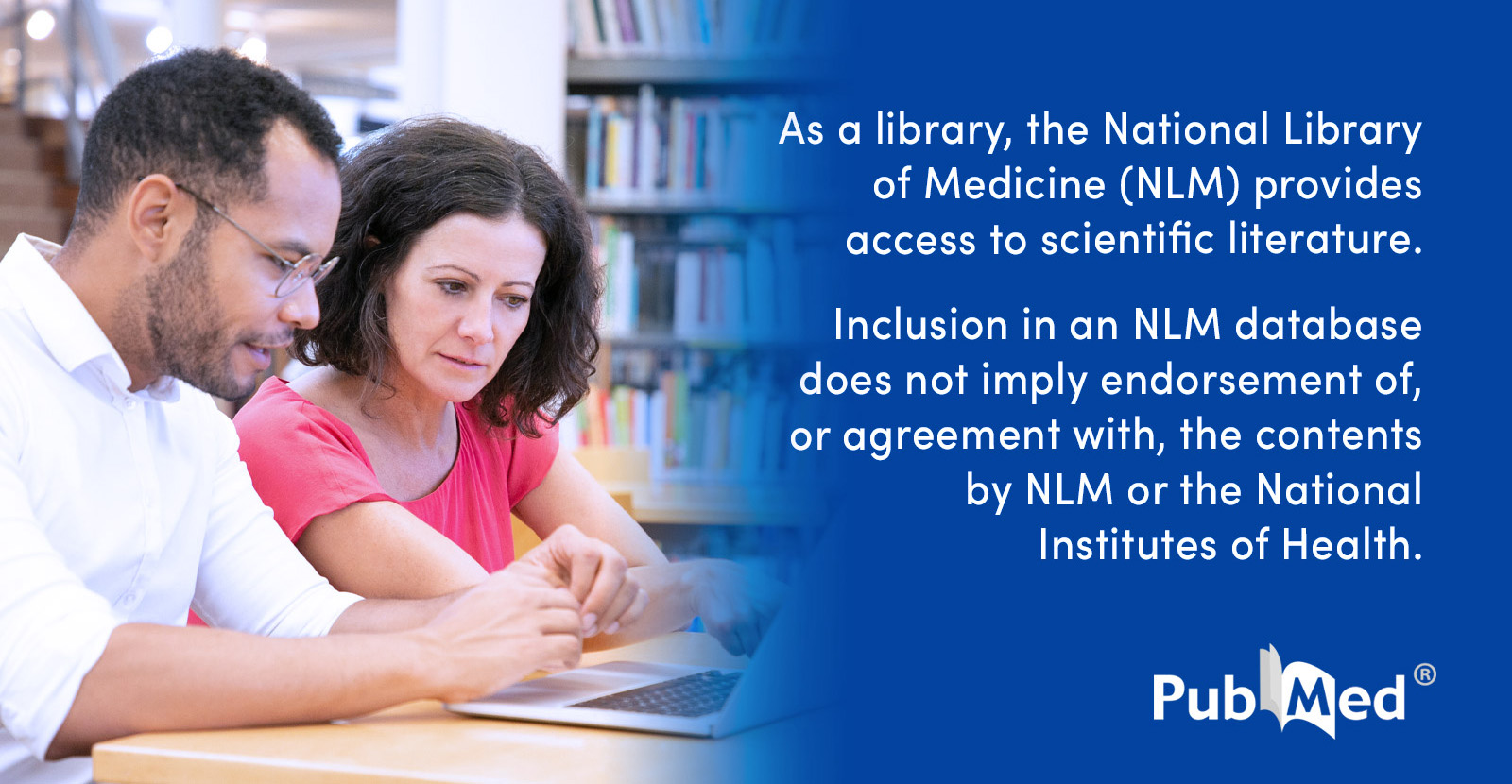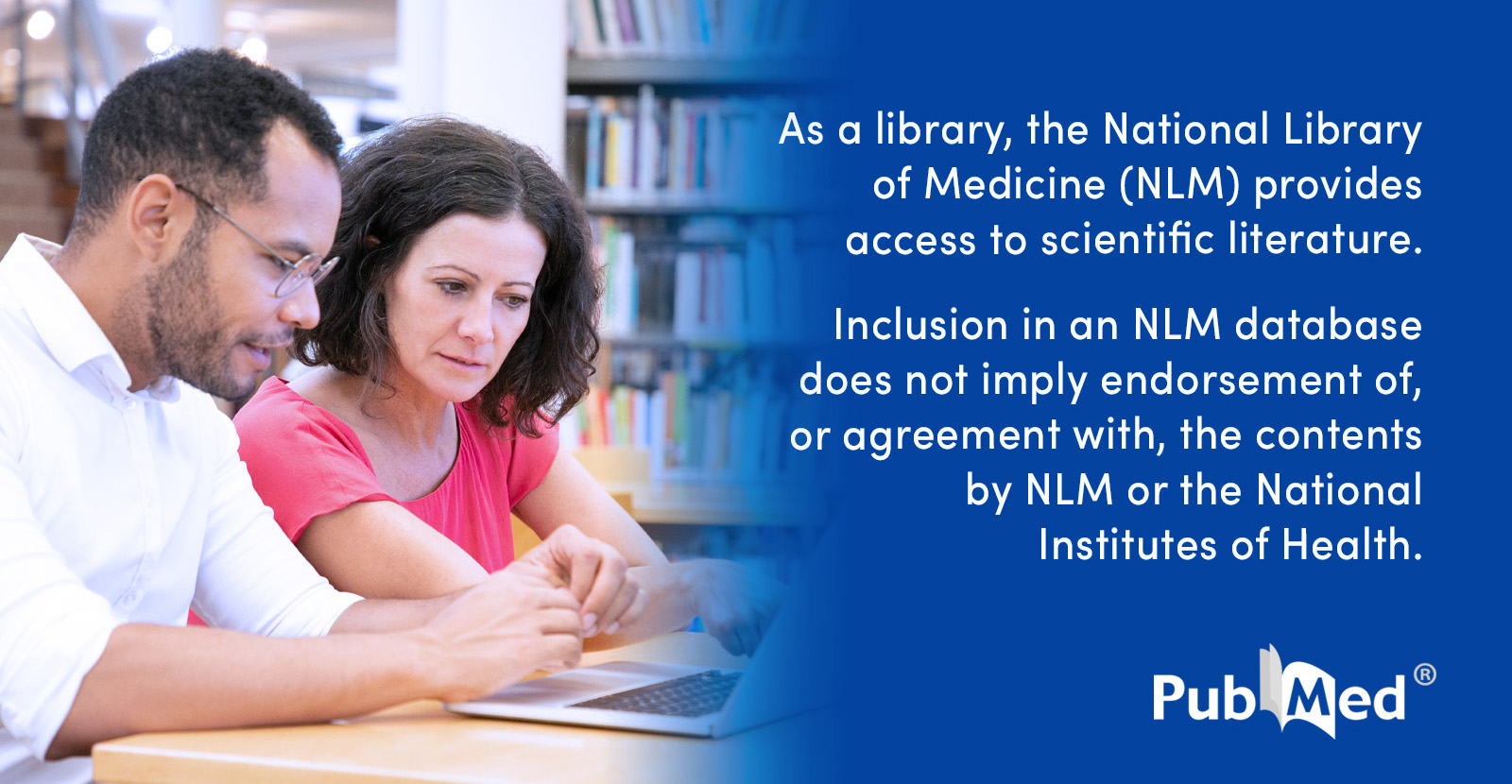Visual and auditory contextual cues differentially influence alcohol-related inhibitory control.
Autor: Qureshi, Adam; Monk, Rebecca L.; Pennington, Charlotte R.; Li, Xiaoyun; Leatherbarrow, Thomas; Oulton, Jennifer R.
Publication year: 2021
Adicciones
issn:0214-4840
doi: 10.20882/adicciones.1091
Abstract:
Representing a more immersive testing environment, the current study exposed individuals to both alcohol-related visual and auditory cues to assess their respective impact on alcohol-related inhibitory control. It examined further whether individual variation in alcohol consumption and trait effortful control may predict inhibitory control performance. Twenty-five U.K. university students (Mage = 23.08, SD = 8.26) completed an anti-saccade eye-tracking task and were instructed to look towards (pro) or directly away (anti) from alcohol-related and neutral visual stimuli. Short alcohol-related sound cues (bar audio) were played on 50% of trials and were compared with responses where no sounds were played. Findings indicate that participants launched more incorrect saccades towards alcohol-related visual stimuli on anti-saccade trials, and responded quicker to alcohol on pro-saccade trials. Alcohol-related audio cues reduced latencies for both pro- and anti-saccade trials and reduced anti-saccade error rates to alcohol-related visual stimuli. Controlling for trait effortful control and problem alcohol consumption removed these effects. These findings suggest that alcohol-related visual cues may be associated with reduced inhibitory control, evidenced by increased errors and faster response latencies. The presentation of alcohol-related auditory cues, however, appears to enhance performance accuracy. It is postulated that auditory cues may re-contextualise visual stimuli into a more familiar setting that reduces their saliency and lessens their attentional pull.
Language: spa
Rights:
Pmid: 30627724
Tags: Humans; Female; Male; Adult; Adolescent; Young Adult; Reaction Time; Attention/*physiology; Photic Stimulation; Cues; *Neuropsychological Tests; Acoustic Stimulation; *Saccades; Alcohol Drinking/*physiopathology/*psychology
Link: https://pubmed.ncbi.nlm.nih.gov/30627724/








